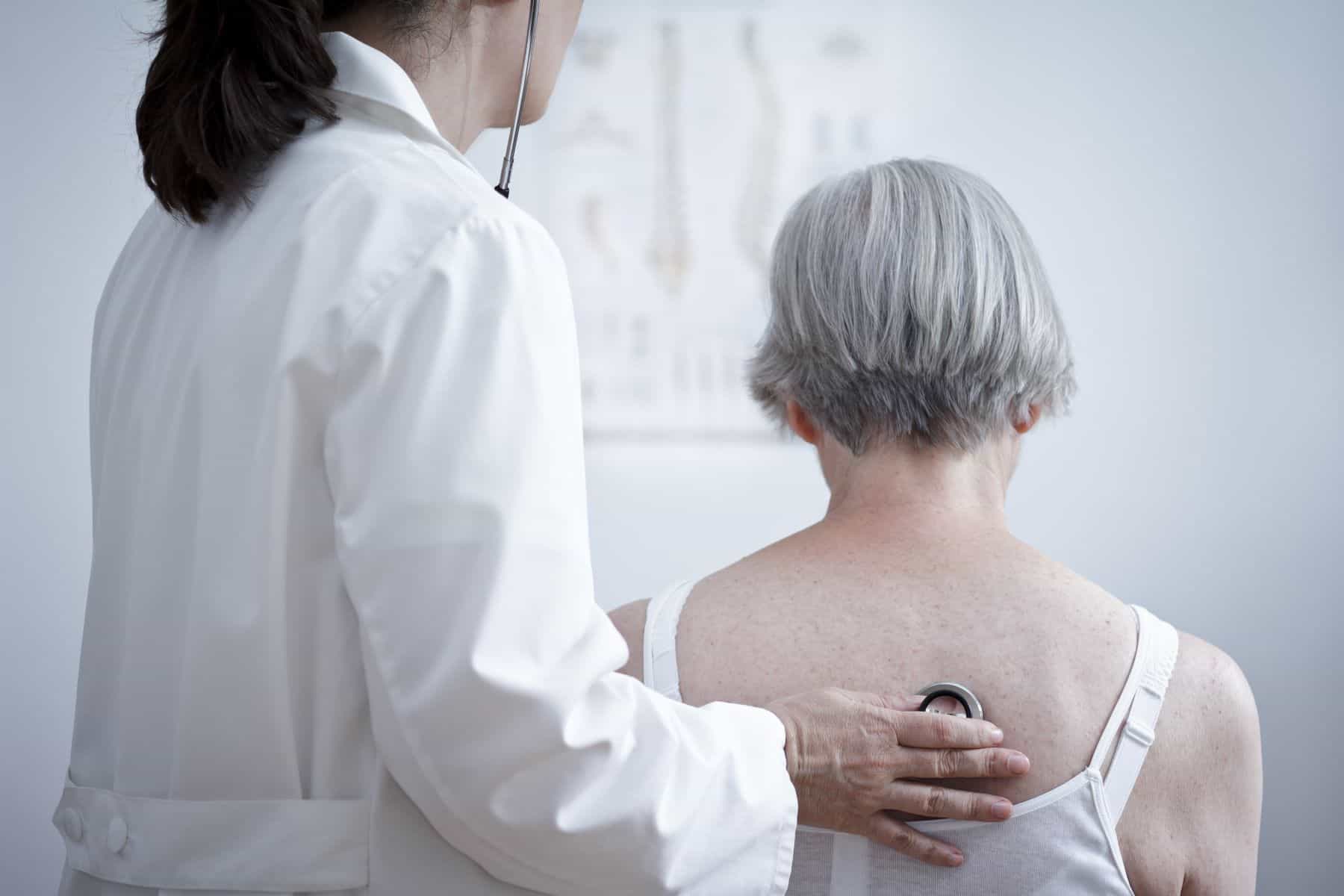Litigation Guides
A Litigator’s Guide to Community-Acquired Pneumonia Treatment
Community-acquired pneumonia (CAP) describes pneumonia transmitted outside of a hospital setting. Much like other types of acquired pneumonia, the infection is marked by chest pain, trouble breathing, cough, and fever. In terms of effective treatment, timing is extremely important. Pneumonia recovery also depends on demographic risk factors—younger healthy patients have a much better prognosis than older patients with comorbidities. Many other factors impact the appropriate course of action for community-acquired pneumonia treatment—and could make the difference in whether a malpractice case exists. For attorneys pursuing community-acquired pneumonia treatment-related litigation, this is what you need to know.
Written By
Wendy Ketner, M.D.
Medically Reviewed
What is Community-Acquired Pneumonia?
Community-acquired pneumonia (CAP) is the broad term ascribed to a bacterial, viral, or fungal infection impacting the lungs. CAP may cause symptoms ranging from shortness of breath and coughing to far more severe effects such as death secondary to sepsis.
Streptococcus pneumoniae is a bacterial pathogen responsible for hundreds of thousands of pneumonia cases in the United States each year. Further, young children and older adults are the most susceptible to pneumonia.

Pneumonia Risk Factors
A patient’s prognosis for community-acquired pneumonia depends on age and timeliness of the diagnosis. In addition, if a patient is immunocompromised, this could increase their risk. Effective treatment also relies on determining the underlying bacterial cause and administering the appropriate antibiotics.
Community-Acquired Pneumonia Symptoms
Common community-acquired pneumonia symptoms include weakness, cough, shortness of breath, fever, chills, and chest pain. A patient’s recovery depends on their doctor’s attention to these symptoms.
Patients with a history of lung disorders who develop flu-like symptoms should be closely monitored by clinicians.
Considering Differential Diagnosis
Community-acquired pneumonia symptoms do overlap with some other conditions. Clinicians must also consider the alternatives before arriving at a CAP diagnosis. For instance, CAP symptoms can sometimes mimic those of heart attacks or pulmonary embolisms. Independent medical examinations can be crucial here to rule out alternate conditions.
Understand the critical components of CAP treatment
Standard of Care for Community-Acquired Pneumonia Treatment
Overall, timely intervention in the case of any pulmonary infection is almost always associated with positive outcomes. Antibiotic treatment should commence promptly following diagnosis. Corticosteroids can also help prevent severe symptoms. Ordering blood cultures could also help focus any additional treatment recommendations.
Patient Age & Community-Acquired Pneumonia Treatment
Elderly CAP patients require the greatest clinical vigilance. Older patients with pneumonia are less likely to communicate their symptoms to physicians, placing them at greater risk of infection. Elderly patients most often experience fatigue, cough, and fever and should be treated accordingly.
Antibiotic Therapies for Community-Acquired Pneumonia
For healthy adults, common CAP treatments include amoxicillin and doxycycline, among others.
Special considerations must be made in cases where the bacteria is resistant to antibiotics. In certain instances, alternate therapies may be used at the discretion of the physician.
Confounding Factors in Community-Acquired Pneumonia Lawsuits
Attorneys advocating on behalf of CAP patients should consider whether underlying conditions may have predisposed the patient to such conditions. Confounding factors may include age, smoking history, and any immune-compromising conditions.
For the most robust review of all underlying factors in your next community-acquired pneumonia management case, let our team of physicians do the heavy lifting with a Strategic Research report. You’ll receive an outline of the most relevant literature for your case, compiled by a doctor and fully cited for your reference. Stay ahead of the curve with custom research and secure your most successful case outcome.
This Litigation Guide was medically reviewed by Ricky Siddiqui, M.S., M.P.H., M.D. Candidate
About the author
Wendy Ketner, M.D.
Dr. Wendy Ketner is a distinguished medical professional with a comprehensive background in surgery and medical research. Currently serving as the Senior Vice President of Medical Affairs at the Expert Institute, she plays a pivotal role in overseeing the organization's most important client relationships. Dr. Ketner's extensive surgical training was completed at Mount Sinai Beth Israel, where she gained hands-on experience in various general surgery procedures, including hernia repairs, cholecystectomies, appendectomies, mastectomies for breast cancer, breast reconstruction, surgical oncology, vascular surgery, and colorectal surgery. She also provided care in the surgical intensive care unit.
Her research interests have focused on post-mastectomy reconstruction and the surgical treatment of gastric cancer, including co-authoring a textbook chapter on the subject. Additionally, she has contributed to research on the percutaneous delivery of stem cells following myocardial infarction.
Dr. Ketner's educational background includes a Bachelor's degree from Yale University in Latin American Studies and a Doctor of Medicine (M.D.) from SUNY Downstate College of Medicine. Moreover, she is a member of the Board of Advisors for Opollo Technologies, a fintech healthcare AI company, contributing her medical expertise to enhance healthcare technology solutions. Her role at Expert Institute involves leveraging her medical knowledge to provide insights into legal cases, underscoring her unique blend of medical and legal acumen.
Subscribe to our newsletter
Join our newsletter to stay up to date on legal news, insights and product updates from Expert Institute.
Request CAP Strategic Research
We're here to help you build a stronger case. Retain a leading expert witness today.
- Access tailored expertise on every case
- Trust your expert immediately
- Speak with your expert before retaining
Need your medical records reviewed? Consult one of our 75+ on-staff physicians who can help evaluate the strengths and weaknesses of your case.




